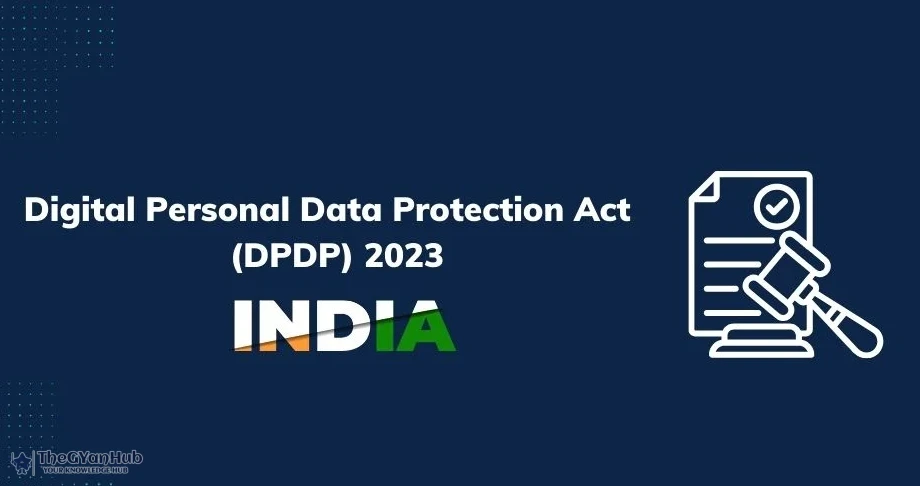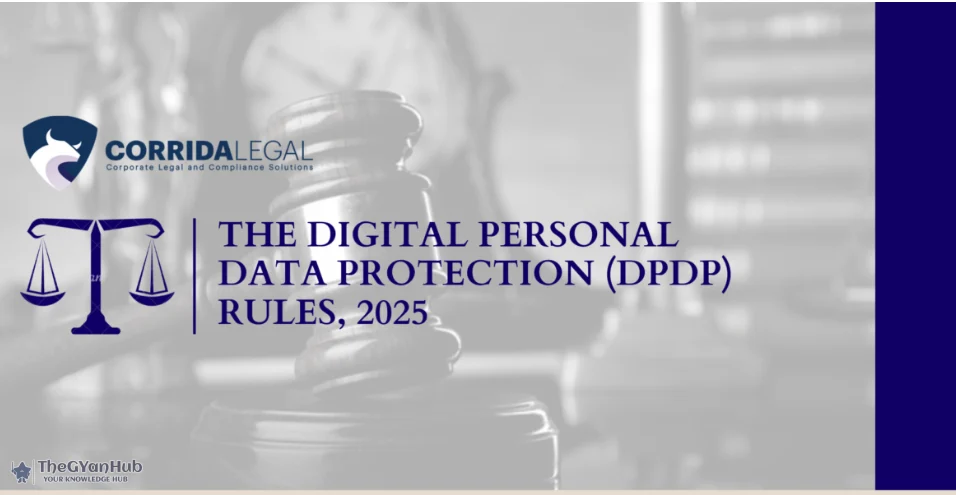I’m a passionate writer who loves exploring ideas, sharing stories, and connecting with readers through meaningful content.I’m dedicated to sharing insights and stories that make readers think, feel, and discover something new.
Overview of the Regulations for the Protection of Digital Personal Data
It is impossible to overestimate the significance of safeguarding personal information in a time when data is frequently referred to as the new oil. The purpose of the Digital Personal Data Protection Rules is to guarantee that people's personal information is treated with dignity and care. These guidelines provide a safe environment for digital interactions by establishing the framework for data collection, processing, and storage.

What Are the Digital Personal Data Protection Rules?
The Digital Personal Data Protection Rules are a set of regulations designed to protect the personal information of individuals. These rules outline the responsibilities of organizations in handling personal data and provide individuals with rights over their data. The aim is to create a balance between the need for data utilization and the privacy rights of individuals.
Key Components of the Rules
Data Collection: Organizations must collect data lawfully and transparently.
Data Processing: Processing should be limited to the stated purpose.
Data Security: Adequate security measures must be in place to protect data.
Data Access: Individuals have the right to access their data.
Data Correction: Individuals can request corrections to their data.
When Do These Rules Apply?
The Digital Personal Data Protection Rules apply to any organization that collects, processes, or stores personal data. This includes businesses, government bodies, and non-profit organizations. The rules are applicable regardless of the size of the organization, emphasizing the universal need for data protection.

Significance of the Rules
The significance of these rules lies in their ability to empower individuals with control over their personal data. By establishing clear guidelines and responsibilities, the rules help prevent data misuse and breaches. They also build trust between individuals and organizations, fostering a safer digital environment.
Impact on Businesses
For businesses, complying with the Digital Personal Data Protection Rules means implementing robust data management practices. While this may require initial investment, the long-term benefits include enhanced reputation, customer trust, and reduced risk of legal penalties.
Challenges in Implementation
Despite their importance, implementing these rules can be challenging. Organizations must navigate complex regulatory requirements and adapt their systems to ensure compliance. Additionally, ongoing education and training are essential to keep up with evolving data protection standards.

In conclusion
In the connected world of today, the Digital Personal Data Protection Rules are essential for protecting personal information. Organizations can safeguard people's privacy and use data for innovation and expansion by comprehending and following these guidelines.
Additional Reading
Related articles in this category

PM Modi Unveils Micron's State-of-the-Art Facility in Gujarat, Paving the Way for India's Semiconductor Future
February 28, 2026
Prime Minister Narendra Modi inaugurated Micron's advanced semiconductor facility in Sanand, Gujarat, marking a significant step in India's pan-India semiconductor mission. This initiative aims to bolster the country's position in the global semiconductor supply chain.

Affle 3i Limited Secures Two New Patents in India for Innovative Advertisement Technology
February 28, 2026
Affle 3i Limited has been granted two new patents in India, enhancing its capabilities in advertisement technology. This development signifies a major step forward in the company's innovative approaches to digital marketing.

Bill Clinton Testifies: 'I Saw Nothing, Did Nothing Wrong' in Epstein Files
February 27, 2026
In a recent deposition, former President Bill Clinton asserted his innocence regarding the Epstein files, stating, 'I saw nothing, and I did nothing wrong.' This statement has sparked discussions and debates across various platforms.






